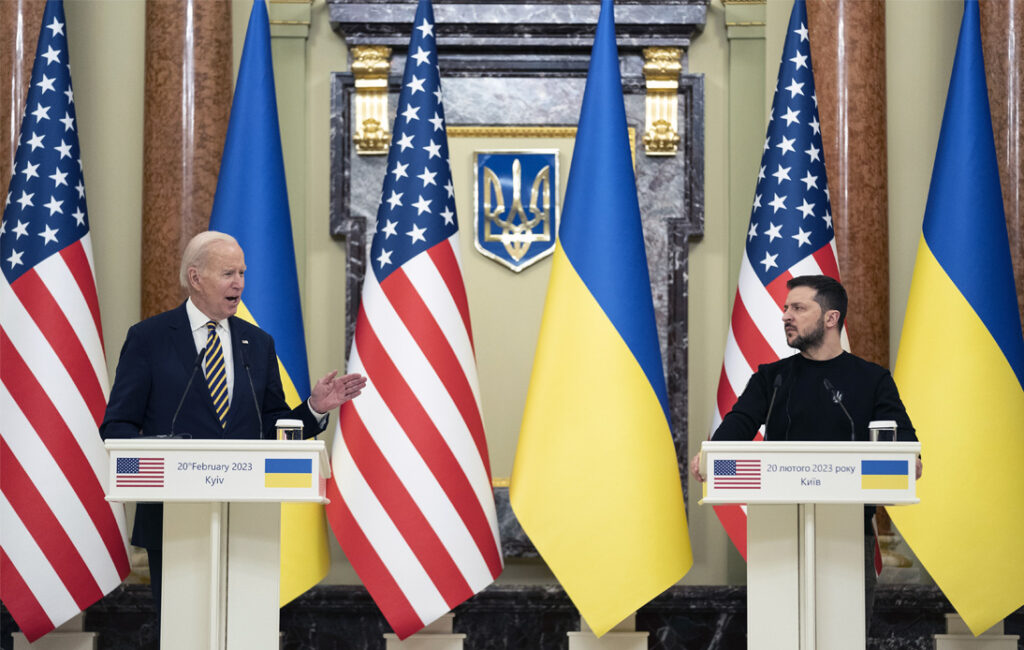
Thai media recently published a list regarding condo ownership in Thailand, focusing on where foreigners with properties in the country are likely to come from.
According to official reports, approximately 1.4 million condos have been purchased by foreigners. The list of condos ownership showed that more than 50% of all foreign-owned condos in the country hail from China.
Almost 730,000 condos have been purchased by Chinese citizens, representing just 52% of all foreign-owned condos.
China topped the list by a large margin, as the number of condos owned by people from the nation is almost ten times greater than the number of condos owned by citizens of any other country. Experts say these figures help explain the government’s China-focused tourism schemes.
These plans, which offer some benefits to attract property investors to the kingdom, often focus on capturing the attention of China’s new middle class, its tourism, and investment money.
The second most common group of citizens for Thai condo ownership comes from Russia, with more than 76,000 homes, accounting for 5.4% of all foreign-owned condos. France was listed in third place, with around 57,000 condos across Thailand, just over 4%.
The UK ranked fourth with just over 56,000 properties.
The United States is the fifth country with the most Thai condos as 41,767 properties have been acquired by Americans. The rest of the list, which included the top 10 foreign-owned condos bought in the past three years, are countries whose citizens have purchased around 30,000 homes in the kingdom each.
Under that criteria, Germany was listed in sixth place, followed by Japan in seventh, India in eighth, Taiwan in ninth, and Australia as 10th, rounding out the top ten.
The condo ownership listing referenced a recent proposal by the Thai government to attract high-spending foreigners to invest their money in the kingdom. The plan targets 1 million high-income travelers in four categories and estimates to bring a trillion baht in foreign spending.
Some of the government incentives to attract foreigners are relaxed controls and restrictions.
Moreover, tourists could obtain a ten-year visa, receive work authorization, and pay fewer taxes if they invest in bonds or property or work for major companies.




















